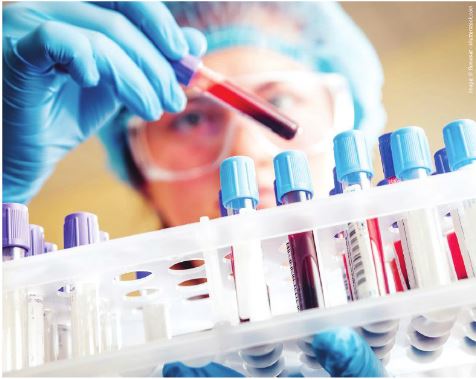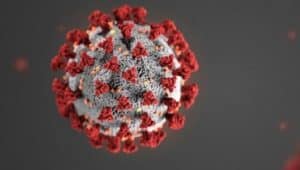
New study on COVID-19 immune response shows promise for vaccine development
pharmafile | May 18, 2020 | News story | Research and Development, Sales and Marketing | COVID-19, coronavirus, pharma
Researchers at the labs of Dr Alessandro Sette and Dr Shane Crotty at California’s La Jolla Institute for Immunology have worked together to answer questions around whether the immune system can generate a substantial enough response to the novel coronavirus and achieve clinical recovery.
Their findings, published in Cell, paint a promising picture for future vaccine development, citing a “robust antiviral immune response” in evaluated patients.
The latest study was built on earlier work by Dr Sette and his team utilising bioinformatics to determine which protein fragments of the SARS-CoV-2 virus are able to activate human T cells. With their latest effort, the researchers isolated T cells from 20 recovered COVID-19 patients who did not experience major clinical problems and assessed whether they would recognise predicted protein fragments, or peptides, from the virus.
“We specifically chose to study people who had a normal disease course and didn’t require hospitalisation to provide a solid benchmark for what a normal immune response looks like, since the virus can do some very unusual things in some people,” explained Dr Sette.
The team found that all of the study participants produced a strong CD4 T cell response, which is associated with improved antibody production, and almost all participants produced CD8 or T cells specific to the virus – the ‘killer’ cells which are able to destroy infected cells. According to Dr Crotty, the virus elicited a reaction in line with “what you would expect from a typical, successful antiviral response.”
Dr Sette explained: “If we had seen only marginal immune responses, we would have been concerned, but what we see is a very robust T cell response against the spike protein, which is the target of most ongoing COVID-19 efforts, as well as other viral proteins. These findings are really good news for vaccine development.
“We have a solid starting foundation to now ask whether there’s a difference in the type of immune response in people who have severe outcomes and require hospitalisation versus people who can recover at home or are even asymptomatic,” he continued. “But not only that, we now have an important tool to determine whether the immune response in people who have received an experimental vaccine resembles what you would expect to see in a protective immune response to COVID-19, as opposed to an insufficient or detrimental response.”
The findings of the study help to create a baseline immune response for the virus in typical patients, which will help to gauge responses in future patients.
Matt Fellows
Related Content

COVID-19 vaccine eligibility creates challenges for UK pharmacies
Pharmacists across England have reported widespread confusion among patients attempting to book COVID-19 vaccination appointments …

LGC Group opens $100M Organic Chemistry Synthesis Centre of Excellence
LGC Group, a life sciences company, has opened its new Organic Chemistry Synthesis Centre of …

Mental health medicine use in England reaches record high, NHSBSA report reveals
According to new data published by the NHS Business Services Authority (NHSBSA), mental health prescriptions …






